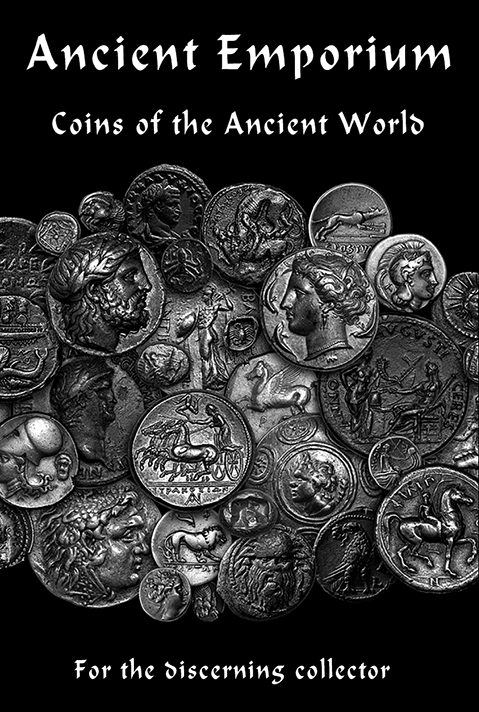Bulgaria is losing an estimated EUR 250 million a year from illegal trading in archaeological artifacts due to inconsistent legislation, a local NGO announced on Monday.
According to Shteryo Nozharov, a member of Bulgarian NGO Forum Association, about 5,000 treasure hunters are known to operate in the country. Authorities are aware of at least eight treasure hunters securing protection to illegal trafficking of artifacts via Austria and Germany to Canada, the US, the UK and sometimes Russia and Japan.
While Bulgarian police uncover about a third of crimes involving illegal trading in artifacts or their illegal export, the number of pre-trial criminal proceedings launched against suspected illegal traders and traffickers is just 130 a year, Nozharov told Darik radio station.
What’s more, just one of the suspects in those criminal proceedings had been found guilty and sentenced to a jail term over the past year, while 50-60 other suspects had been issued suspended sentences.
Inconsistent legislation is the main reason why art theft and illegal trafficking in artifacts are prospering, according to Nozharov.
Under Bulgaria’s legislation, if a trafficker succeeds in illegally exporting an artifact and then imports it back – already accompanied by a certificate of origin putting its price at just a fraction of its real value – the artifact is exempt from mandatory identification and registration in Bulgaria.
In this way, even artifacts that belong to the world’s cultural heritage can be declared as having only minor value.
Former Culture Minister Petar Stoyanovich said in March Bulgaria will set up a special police force tasked with combating art theft, treasure hunting and illegal exports of artifacts.
Source: Novinite [November 17, 2014]




